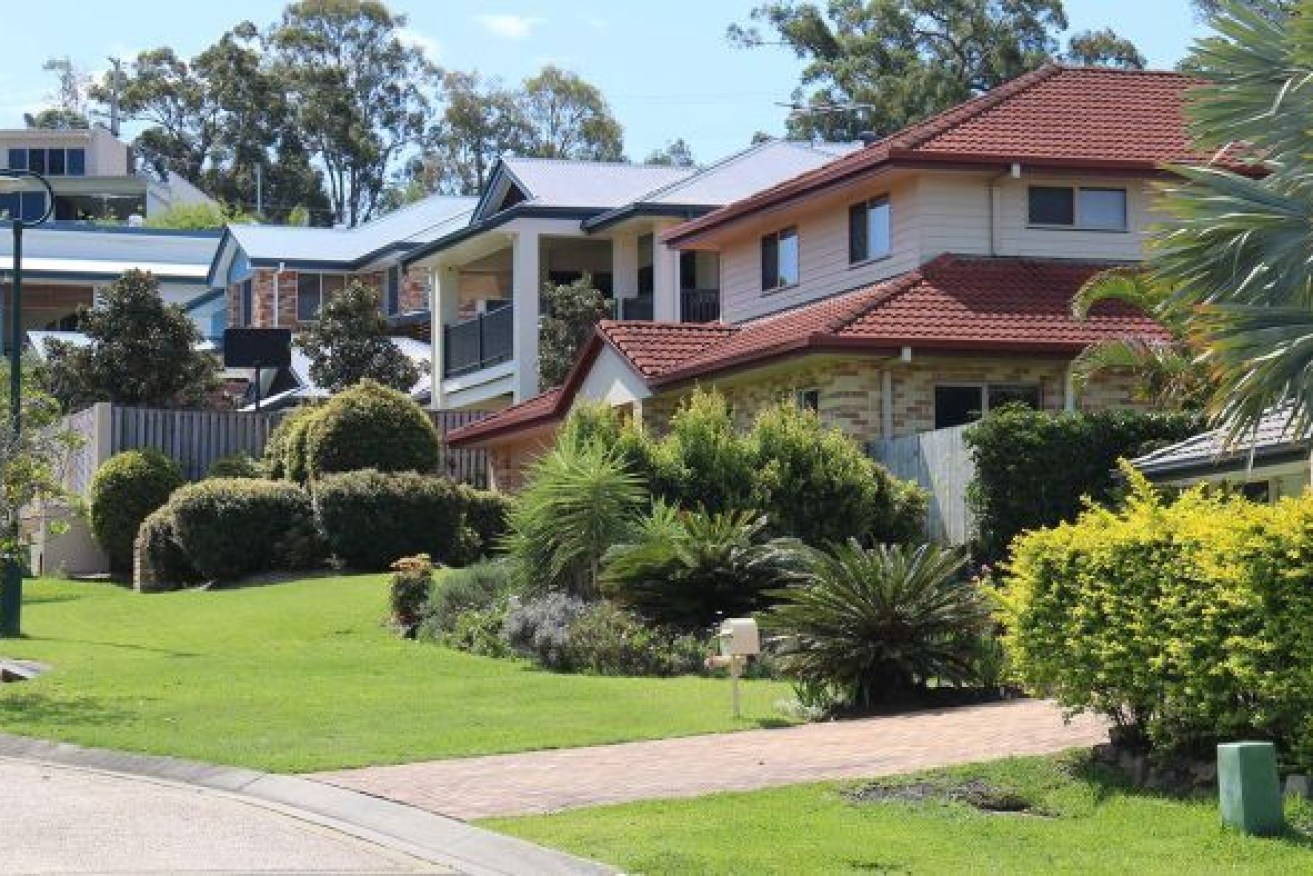Property industry calls for end to “job-destroying” foreign taxes
Queensland is losing thousands of jobs every year because of its position of being Australia’s most uncompetitive jurisdiction for foreign investors, according to the Property Council.


One in 10 Brisbane houses are tipped to break the $1 million barrier. (Photo: ABC)
The council claimed that the equivalent of up to 29,000 jobs disappeared in the year following the introduction of a tax on foreign investment in property.
It claimed every $1 million of investment in residential construction supports 9 jobs.
In the financial year before the tax was imposed, finance research firm AEC Group found that foreign residential investment contributed between $3.6 billion and $5.9 billion to Queensland’s Gross State Product.
The first year after the introduction it dropped to between $2.4 billion and $3.9 billion.
“While it might be easy for politicians to suggest additional taxes on foreigners do not impact Queenslanders, it’s simply not the truth,” the council’s executive director Chris Mountford said.
“For decades, foreign investment has underpinned many job-generating and iconic projects in Queensland across sectors such as property, agriculture, tourism and mining.
“In fact, it’s hard to imagine Queensland’s tourism industry without the iconic projects that were delivered through foreign investment in the 1980s. We have benefited from this investment for over 30 years.
“But unfortunately, recent tax hikes on foreign investment in Queensland mean that investors are turning their back on the state.
“Since this day in 2016, Queensland has introduced- and increased- both a residential stamp duty (7 per cent) and an annual surcharge on land tax (2 per cent) for foreign investors.
Brisbane-based property investment manager Marquette Properties said when the foreign land tax surcharge was announced, its plans were immediately in jeopardy.
“It no longer made good business sense for many of our long-term foreign investors to keep placing their capital into Queensland projects,” the company’s managing director Toby Lewis said.
“These investors still have the money to invest, it just means that now they will invest it in other cities or countries, and Queensland will miss out.
“In the year following the introduction of the foreign tax on residential land, foreign investment in this sector declined by 65.9 per cent. This equates to a reduction of between 17,800 and 29,200 full-time jobs,” said Chris Mountford.
“As the country’s foreign investment rules prohibit the purchase of existing dwellings, any investment in our residential sector goes directly to building new houses and creating jobs.
“Every $1 million of investment in residential construction supports 9 jobs. So these taxes on foreign investment are job destroyers.”
AEC Group chief executive Ashley Page said tax was expected to deliver $15 million to Treasury coffers in the first year and rise to $25 million in future years.
“This is less than 1 per cent of the contribution to GSP that is expected to have been lost in the first year through the introduction of this new tax,” Page said.
The State Government has been contacted for comment.












